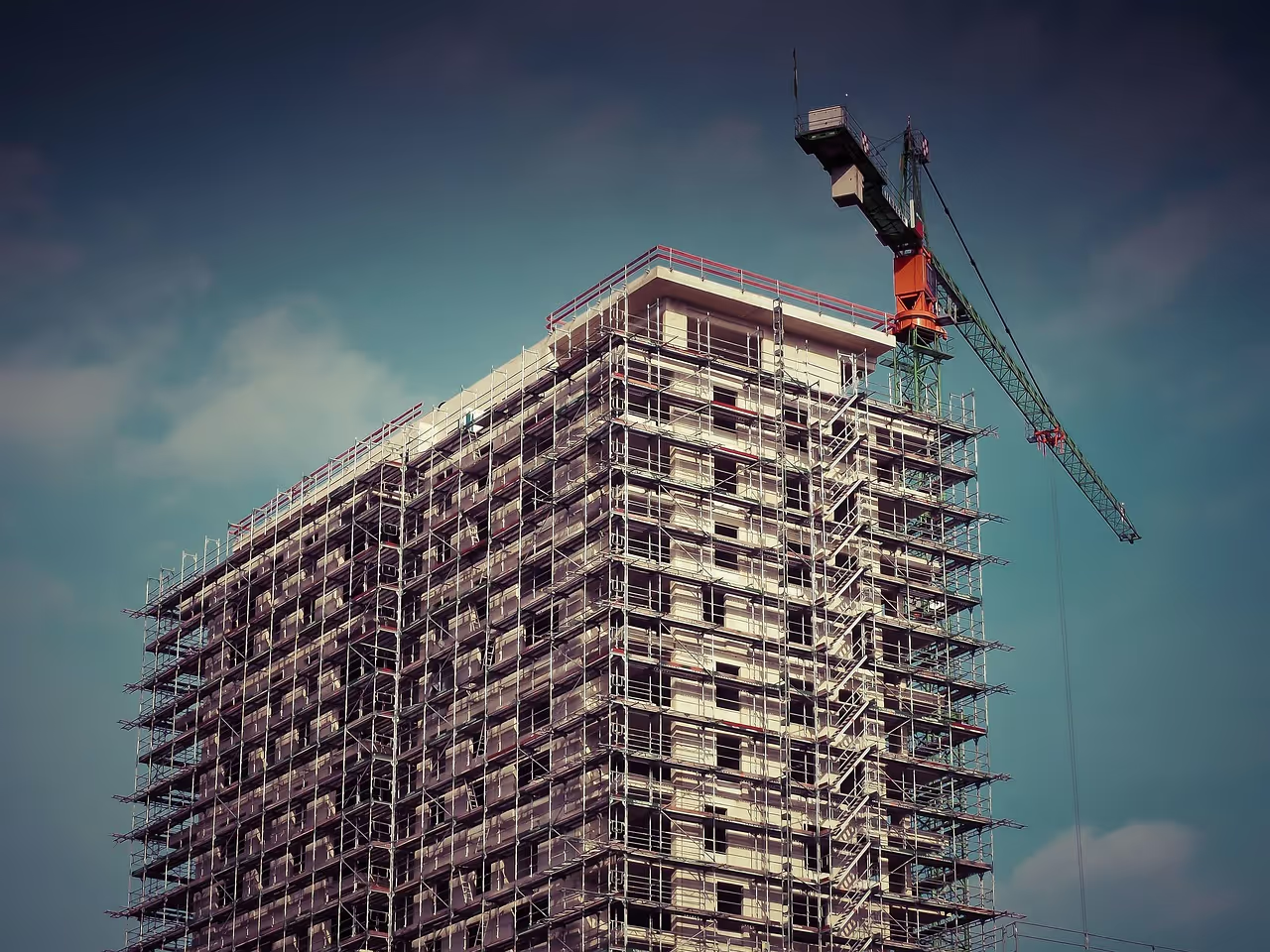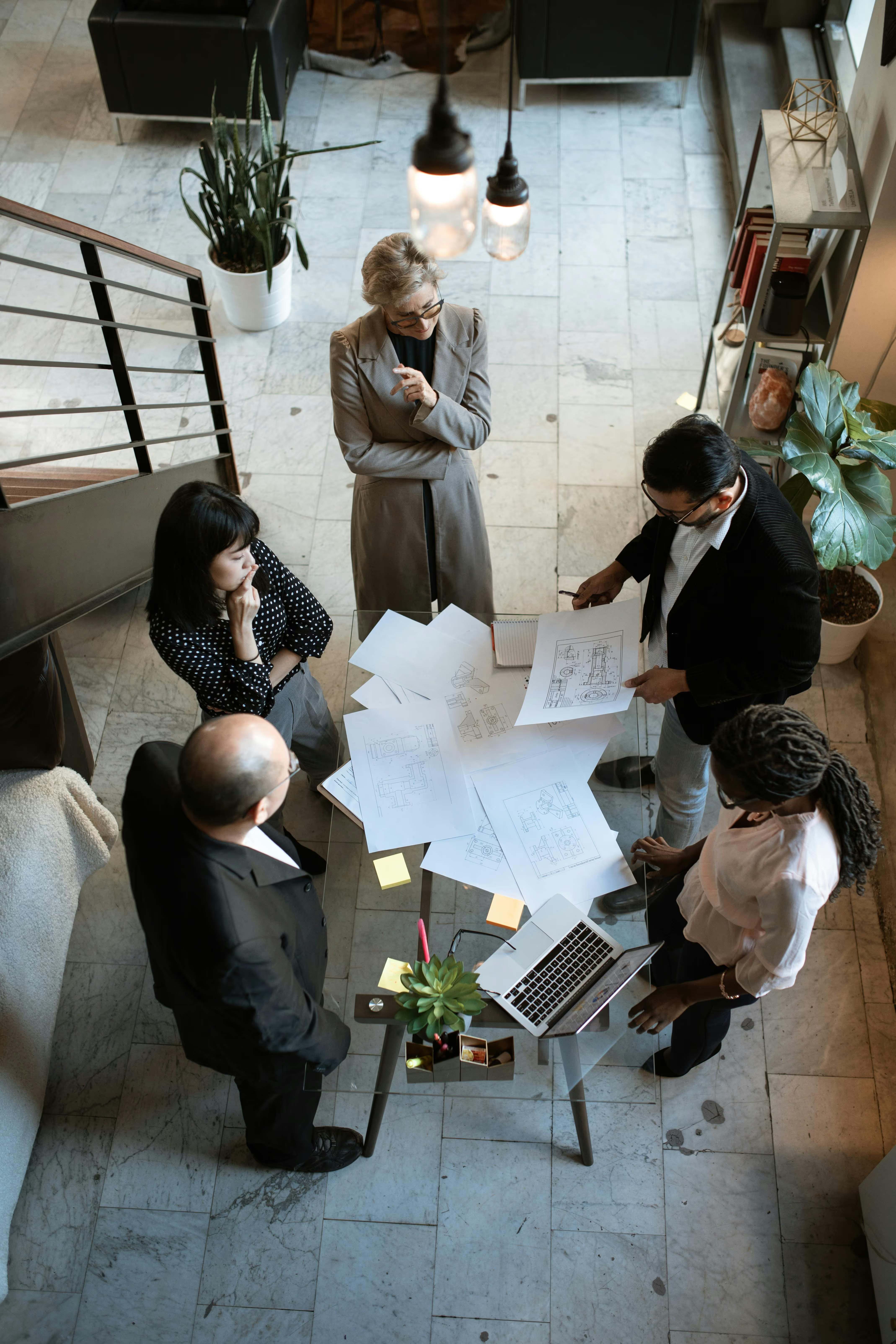Syria's Construction Materials Market: Supply and Distribution Opportunities After Sanctions Relief
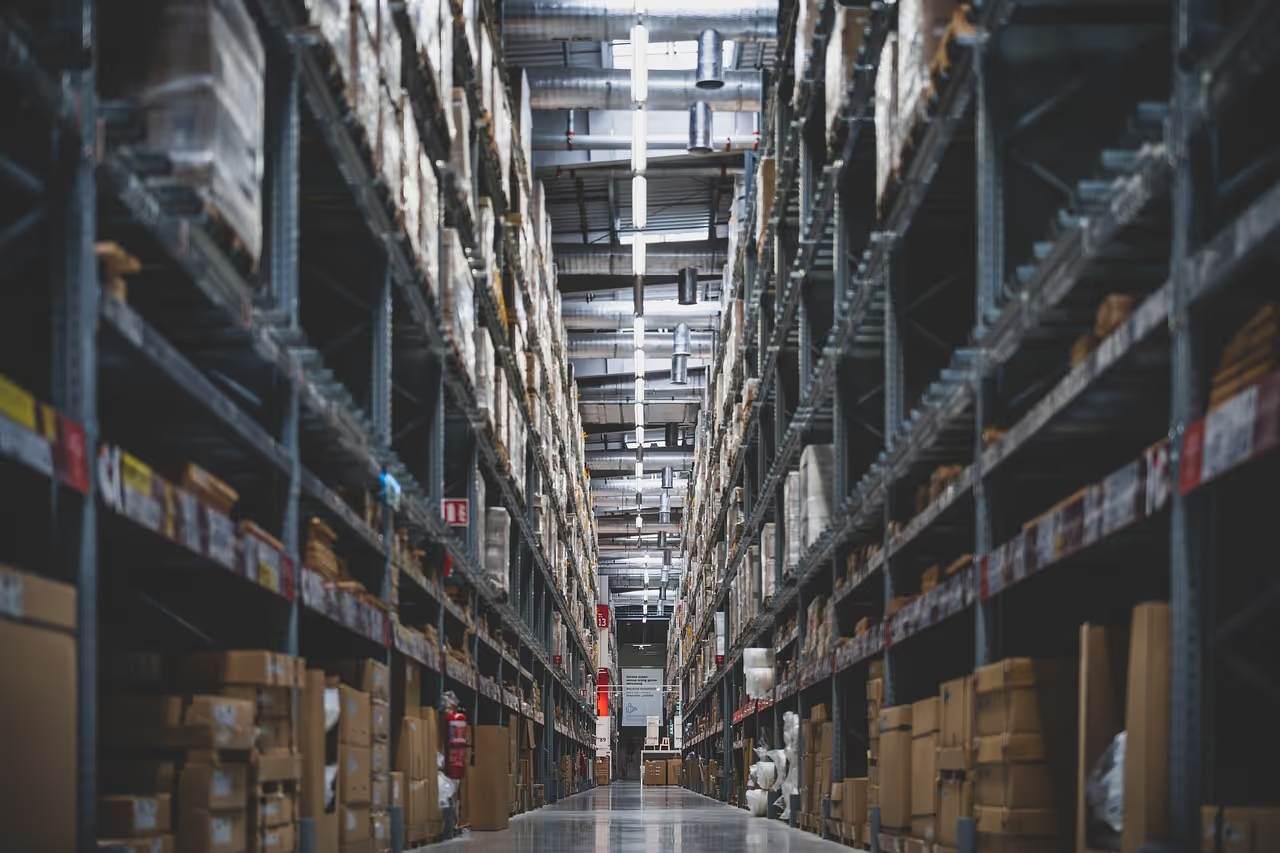
construction materials market, creating unprecedented opportunities for suppliers and distributors worldwide. With reconstruction needs estimated at over $400 billion and a construction industry eager to rebuild, Syria represents one of the most significant emerging markets for construction materials in the global economy. For suppliers ready to navigate this complex but rewarding market, the potential for long-term partnerships and substantial growth has never been greater.
Modern construction materials ready for large-scale reconstruction projects
Market Scope and Scale of Opportunity
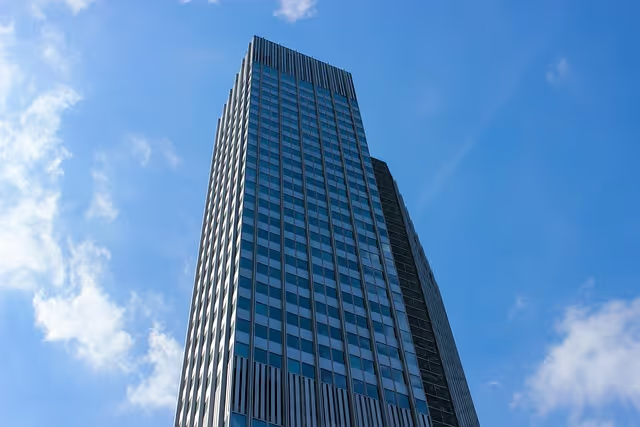
Syria's construction materials market represents a unique convergence of urgent demand, limited supply, and newly opened trade channels. The scope of this opportunity includes:
Immediate Material Demands
- **Cement and Concrete Products**: An estimated 50 million tons needed for basic infrastructure reconstruction
- **Steel and Reinforcement Materials**: Critical shortage with demand for both structural and fabricated steel products
- **Insulation and Roofing Materials**: Essential for weather-resistant reconstruction projects
- **Electrical and Plumbing Systems**: Complete infrastructure replacement needed in many areas
High-quality steel materials essential for robust infrastructure
Specialized Construction Materials
- **Advanced Building Technologies**: Smart building systems and energy-efficient materials
- **Safety and Security Equipment**: Fire protection systems, security materials, and emergency equipment
- **Sustainable Building Products**: Green building materials aligned with modern environmental standards
- **Finishing Materials**: Tiles, flooring, fixtures, and interior building components
Heavy Equipment and Machinery
- **Construction Equipment**: Excavators, cranes, concrete mixers, and specialized construction machinery
- **Transportation Vehicles**: Trucks, loaders, and material handling equipment
- **Manufacturing Equipment**: Machinery for local production of construction materials
- **Maintenance and Spare Parts**: Ongoing support for existing and new equipment
Strategic Role of Material Suppliers in Reconstruction

Economic Development Catalyst
Construction material suppliers serve as the foundation of Syria's reconstruction ecosystem by:
- Enabling rapid project implementation through reliable supply chains
- Supporting job creation in transportation, warehousing, and distribution
- Contributing to economic stabilization through consistent business activity
- Facilitating technology transfer through modern materials and equipment
Heavy equipment supporting reconstruction logistics and operations
Quality and Standards Enhancement
- Introducing international quality standards to Syrian construction projects
- Providing technical support and training for proper material usage
- Ensuring compliance with modern building codes and safety requirements
- Supporting sustainable building practices through environmentally responsible products
Real-World Market Challenges
Logistics and Transportation Complexities
- **Border Infrastructure**: Limited capacity at crossing points requiring careful logistics planning
- **Transportation Networks**: Damaged road and rail infrastructure affecting delivery timelines
- **Storage Facilities**: Shortage of modern warehousing and material storage capabilities
- **Customs Procedures**: Complex import processes requiring local expertise and relationships
Financial and Payment Structures
- **Currency Exchange Risks**: Syrian pound volatility affecting pricing and payment terms
- **Credit Assessment Challenges**: Limited credit history information for new local partners
- **Payment Timing**: Extended payment cycles due to complex project funding arrangements
- **Banking Relationships**: Need to establish correspondent banking relationships for transactions
Market Knowledge and Local Adaptation
- **Building Code Compliance**: Understanding local standards and quality requirements
- **Cultural Preferences**: Adapting products to local architectural and aesthetic preferences
- **Seasonal Demand Patterns**: Navigating construction seasons and weather-related demand fluctuations
- **Competition Assessment**: Understanding existing suppliers and competitive landscape
Regulatory and Compliance Requirements
- **Import Licensing**: Obtaining necessary permits and certifications for material imports
- **Quality Certifications**: Meeting Syrian standards and international quality requirements
- **Environmental Compliance**: Adhering to environmental regulations for material handling and disposal
- **Safety Standards**: Ensuring materials meet local and international safety requirements
Post-Sanctions Market Transformation
The lifting of US sanctions has created a dramatically different market environment for construction material suppliers:
Sustainable building materials for environmentally conscious reconstruction
Immediate Market Changes
- **Banking Access**: Restored ability to conduct normal commercial banking transactions
- **Shipping Routes**: Reopened international shipping channels and logistics networks
- **Insurance Coverage**: Availability of commercial insurance for shipments and operations
- **Technology Transfer**: Ability to export advanced construction technologies and equipment
Competitive Landscape Shifts
- **New Market Entrants**: International suppliers now able to compete for Syrian projects
- **Pricing Normalization**: Competition driving more reasonable pricing for construction materials
- **Quality Improvements**: Access to higher quality materials and modern technologies
- **Service Standards**: Enhanced customer service and technical support capabilities
Strategic Partnership Opportunities
- **Local Distribution Networks**: Partnerships with Syrian distributors and retailers
- **Government Procurement**: Direct engagement with government reconstruction projects
- **International Development**: Collaboration with NGOs and international development agencies
- **Private Sector Growth**: Partnerships with emerging Syrian private construction companies
Learning from Global Reconstruction Material Markets
Iraq's Post-2003 Material Supply Lessons
Iraq's reconstruction offers valuable insights for Syria:
- **Local Partnership Importance**: Success depended heavily on reliable local distribution partners
- **Quality Control Challenges**: Need for robust quality assurance and inspection processes
- **Security Considerations**: Material theft and convoy security required specific planning
- **Training and Support**: Technical training for local users proved essential for long-term success
Eastern Europe's Post-Communist Reconstruction
Countries like Poland and Czech Republic demonstrate:
- **Gradual Market Entry**: Successful suppliers started with smaller projects and built relationships
- **Technology Transfer Success**: Modern materials and techniques were eagerly adopted
- **Local Manufacturing Development**: Partnerships eventually led to local production facilities
- **Long-term Relationship Building**: Sustained commitment led to market leadership positions
Efficient supply chain management crucial for reconstruction success
Post-Disaster Reconstruction Models
Natural disaster reconstruction efforts show:
- **Rapid Response Capabilities**: Speed to market crucial for capturing initial demand
- **Flexible Supply Chains**: Ability to adapt to changing project requirements
- **Community Engagement**: Direct engagement with local communities improved acceptance
- **Sustainability Focus**: Environmental considerations increasingly important for project approval
Strategic Market Entry Approaches
Direct Market Entry
**Advantages**: Complete control over operations, direct relationships with customers, higher profit margins
**Requirements**: Significant capital investment, local staff, regulatory compliance expertise
**Best for**: Large suppliers with substantial resources and long-term commitment
Partnership and Joint Ventures
**Advantages**: Reduced risk, local market knowledge, established relationships
**Requirements**: Partner selection and due diligence, shared decision-making, profit sharing
**Best for**: Mid-size suppliers seeking market entry with local expertise
Distribution Agreements
**Advantages**: Lower investment, faster market entry, local logistics expertise
**Requirements**: Reliable distributor selection, brand protection, ongoing support
**Best for**: Suppliers with specialized products or limited regional experience
Project-Based Supply Contracts
**Advantages**: Defined scope and timeline, reduced market risk, immediate revenue
**Requirements**: Competitive bidding capabilities, project management expertise
**Best for**: Suppliers wanting to test the market before major commitments
Leveraging Rebuilding-Syria.com for Market Success
Platform Advantages for Material Suppliers
- **Project Intelligence**: Real-time information about upcoming projects and material requirements
- **Buyer Connect**: Direct access to construction companies, contractors, and project developers
- **Local Partner Network**: Connection with vetted Syrian distributors and logistics providers
- **Market Insights**: Regular updates on pricing trends, regulatory changes, and competitive developments
Strategic Platform Utilization
1. **Comprehensive Profile Development**: Showcase your complete product range, capabilities, and relevant experience
2. **Project Opportunity Monitoring**: Regular review of tender announcements and project developments
3. **Network Building**: Active engagement with potential partners, customers, and service providers
4. **Market Intelligence Gathering**: Continuous monitoring of market trends and competitive activity
Operational Excellence Strategies
Supply Chain Optimization
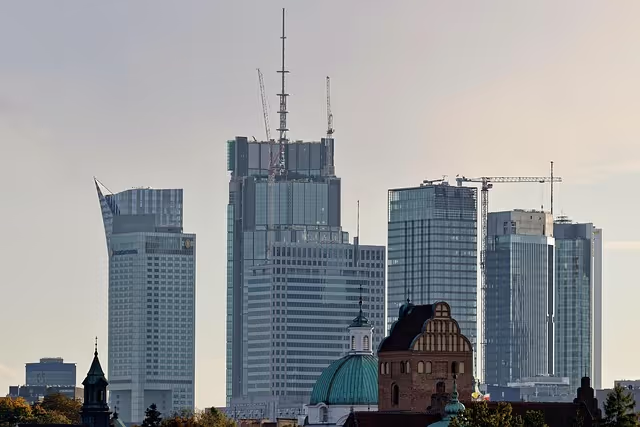
- **Multi-Route Logistics**: Develop multiple transportation routes to ensure delivery reliability
- **Local Warehousing**: Establish strategic inventory positions to serve urgent demands
- **Quality Assurance**: Implement rigorous quality control processes for all materials
- **Technology Integration**: Use digital tools for inventory management and order tracking
Customer Service Excellence
- **Technical Support**: Provide comprehensive technical assistance and training
- **Flexible Payment Terms**: Develop payment solutions that accommodate local market conditions
- **After-Sales Service**: Ensure ongoing support for installation, maintenance, and troubleshooting
- **Cultural Sensitivity**: Train staff in Syrian business customs and relationship-building practices
Risk Management and Insurance
- **Political Risk Coverage**: Obtain comprehensive political risk insurance for operations and investments
- **Credit Insurance**: Protect against customer payment defaults and credit risks
- **Cargo Insurance**: Ensure complete coverage for material shipments and inventory
- **Business Interruption**: Plan for operational disruptions and develop contingency procedures
Building Long-Term Success in Syria
Relationship Development
- **Government Relations**: Build positive relationships with relevant ministries and regulatory agencies
- **Industry Associations**: Join Syrian construction industry associations and professional organizations
- **Community Engagement**: Contribute to local community development and social responsibility initiatives
- **Educational Partnerships**: Collaborate with Syrian universities and technical schools
Local Capacity Building
- **Training Programs**: Develop comprehensive training for local staff and customers
- **Technology Transfer**: Share modern techniques and best practices with local partners
- **Local Sourcing**: Where possible, source materials locally to support Syrian businesses
- **Employment Creation**: Hire Syrian professionals and contribute to local employment
Future Market Prospects
Short-Term Opportunities (2025-2027)
- Emergency reconstruction projects with urgent material needs
- Infrastructure rehabilitation requiring standard construction materials
- Residential reconstruction focused on basic building materials
- Commercial rebuilding in major urban centers
Medium-Term Development (2027-2030)
- Advanced building systems and smart construction technologies
- Sustainable building materials and energy-efficient systems
- Industrial facility construction requiring specialized materials
- Tourism infrastructure development
Long-Term Strategic Vision (2030+)
- Local manufacturing partnerships and joint ventures
- Regional distribution hub development
- Advanced technology integration and innovation centers
- Export opportunities to neighboring markets
Conclusion
Syria's construction materials market represents more than a business opportunity—it's a chance to participate in rebuilding a nation while establishing a strong foundation for long-term business growth. The post-sanctions environment, combined with massive reconstruction needs, creates a unique window for material suppliers to enter a market that will likely remain robust for decades.
Success in this market requires more than quality products and competitive pricing. It demands cultural understanding, strategic partnerships, operational flexibility, and a commitment to contributing positively to Syria's development. Companies that approach this opportunity with the right combination of business acumen and social responsibility will find themselves building not just market share, but lasting relationships that extend far beyond individual transactions.
The Syrian reconstruction is already underway. Construction projects are beginning. Local partnerships are forming. The question is not whether this market will develop—it's whether your company will be positioned to capitalize on one of the most significant construction material opportunities of our generation.
Ready to supply Syria's reconstruction? Join Rebuilding-Syria.com today to connect with buyers, discover project opportunities, and build the partnerships that will define your success in this transformative market. Syria's builders are ready for reliable partners—are you ready to answer their call?
Sources and References
Market Research and Data:
• Syrian Ministry of Economy and Foreign Trade - Import/Export Statistics and Market Analysis
• Damascus Chamber of Commerce - Construction Materials Market Reports
• International Trade Centre (ITC) - Syria Market Access Studies
• Middle East Construction Materials Association - Regional Market Analysis
Industry Standards and Quality Specifications:
• Syrian Arab Organization for Standardization and Metrology (SASMO) - Building Materials Standards
• International Organization for Standardization (ISO) - Construction Materials Certification
• American Society for Testing and Materials (ASTM) - Material Testing Standards
• European Committee for Standardization (CEN) - Construction Product Regulations
Supply Chain and Logistics Studies:
• World Bank Group - Trade and Transport Facilitation Reports
• United Nations Conference on Trade and Development (UNCTAD) - Regional Trade Analysis
• Arab Monetary Fund - Regional Economic Integration Studies
• Mediterranean Development Initiative - Cross-Border Trade Reports
Post-Sanctions Market Analysis:
• Oxford Economics - Syria Economic Recovery Projections• Economist Intelligence Unit - Syria Country Risk Assessment• Middle East Economic Digest (MEED) - Regional Construction Market Updates• Regional Construction Review - Syria Market Entry Guidelines
